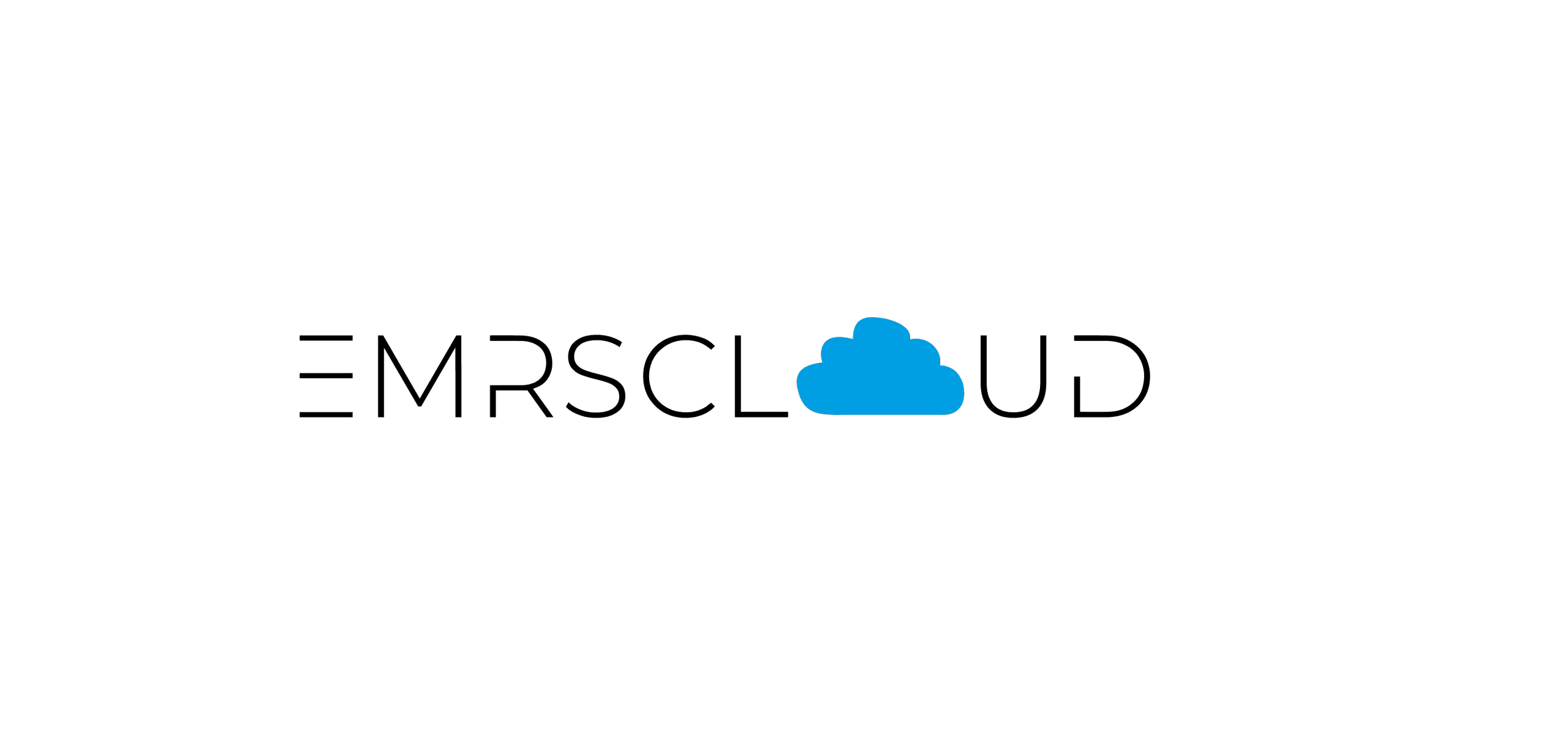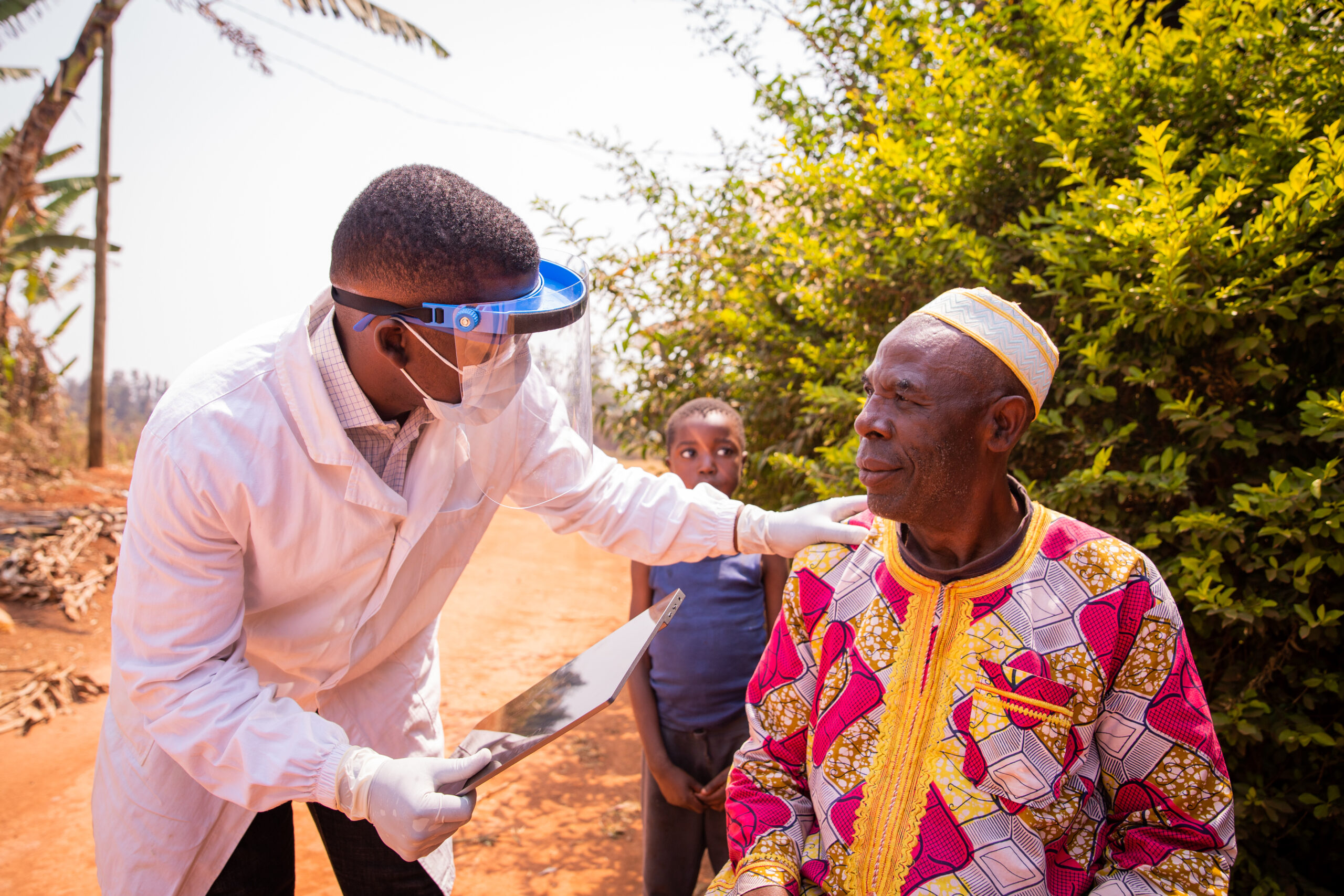Liberia is located in West Africa. Being one of the poorest countries in the world, its healthcare system is underdeveloped and insufficient to meet the needs of the local population. To improve the situation of the Liberian people, a lot of financial and technological assistance is needed.
In this article, we will introduce you to a case study of how OpenMRS is supporting the growth and development of the Liberian healthcare system.
The challenges of a local healthcare system
According to UNDP, in 2020 Liberia ranked 175 out of 189 countries in the Human Development Index. It means that it is placed in the 15 lowest developed countries in the world. Moreover, in 2013 over 60% of Liberians suffered multidimensional poverty. In other words, more than half of the society did not have access to basic healthcare, education and a decent standard of living. The low densities of physicians in Liberia cause massive problems in receiving professional help. In 2015 there were roughly 1.12 health workers for 1000 people. The Liberian healthcare system has been severely damaged due to the 2014 Ebola outbreak and civil war.
Among many other problems, that of a healthcare system is undoubtedly very alarming and requires action from other countries. Partners in Health is one of the organizations that took on the mission of strengthening the facilities in Liberia. With the help from OpenMRS, they are continuously bringing help to those in need.
Solving problems of the healthcare system in Liberia
OpenMRS is an electronic medical records system. Its main purpose is simple – transforming traditional, paper medical records into digital ones. It is an open-source project that has already been implemented in more than 100 facilities patronized by Partners in Health, including governmental and partner organizations.
To support the development and workflow of Liberia’s healthcare systems, OpenMRS has been implemented at J.J. Dossen Hospital in Maryland County. It enhances the way health information is collected, stored, and utilized, as well as facilitates the registration process.
What does it change?
All of the medical data are now stored digitally, instead of being kept in a separate room full of physical paper folders. In the past, personnel of the hospital needed to go to the room and manually search for every patient’s records. It was time-consuming and a waste of energy. After the appointment the folder had to be brought back to the storage room and placed in the assigned place, doubling the effort.
A big number of patients and not enough time caused situations in which physicians were not able to write down every detail of each appointment in the records. It then affected the later appointments, because of the lack of information to refer to. It was difficult to formulate a proper diagnosis and make the best decisions in terms of treatment without having the data necessary to track the health of a patient from a visit to a visit.
These problems have now been solved. Instead of a paper folder and a place on a shelf in the storage room, now each patient receives a plastic card with an ID and a barcode. The personnel at the hospital scan these cards to obtain all of the information on the patient’s health, lab results, prescriptions, etc. Everything is in one place, quickly and easily accessible.
How does it help to improve?
OpenMRS not only brings convenience but also helps in improving the quality of health care in Liberia. Having all of the data available in one place lets physicians see the problems and patterns more clearly and come to more accurate conclusions. It makes their diagnosing process more integrated and comprehensive. As a result, they can help more people and do it in a more efficient and effective way.
Partners in Health is planning to establish Maryland as a model county for Universal Health Coverage in Liberia. According to WHO’s definition:
“Universal health coverage means that all people have access to the health services they need, when and where they need them, without financial hardship. It includes the full range of essential health services, from health promotion to prevention, treatment, rehabilitation, and palliative care.”
The goal is ambitious, but not impossible. We hope that with the support of OpenMRS more and more Liberians will gain access to fast and high-quality medical care, which is a fundamental right of every human being.
Sources
PIH Rolls Out Electronic Medical Records at J.J. Dossen Hospital in Liberia
Partners in Health | Liberia
Partners in Health | Liberia: Strategic Plan FY2018-FY2022
UNDP | Liberia
UNDP | Liberia: Human Development Report 2020
WHO | Universal Health Coverage


